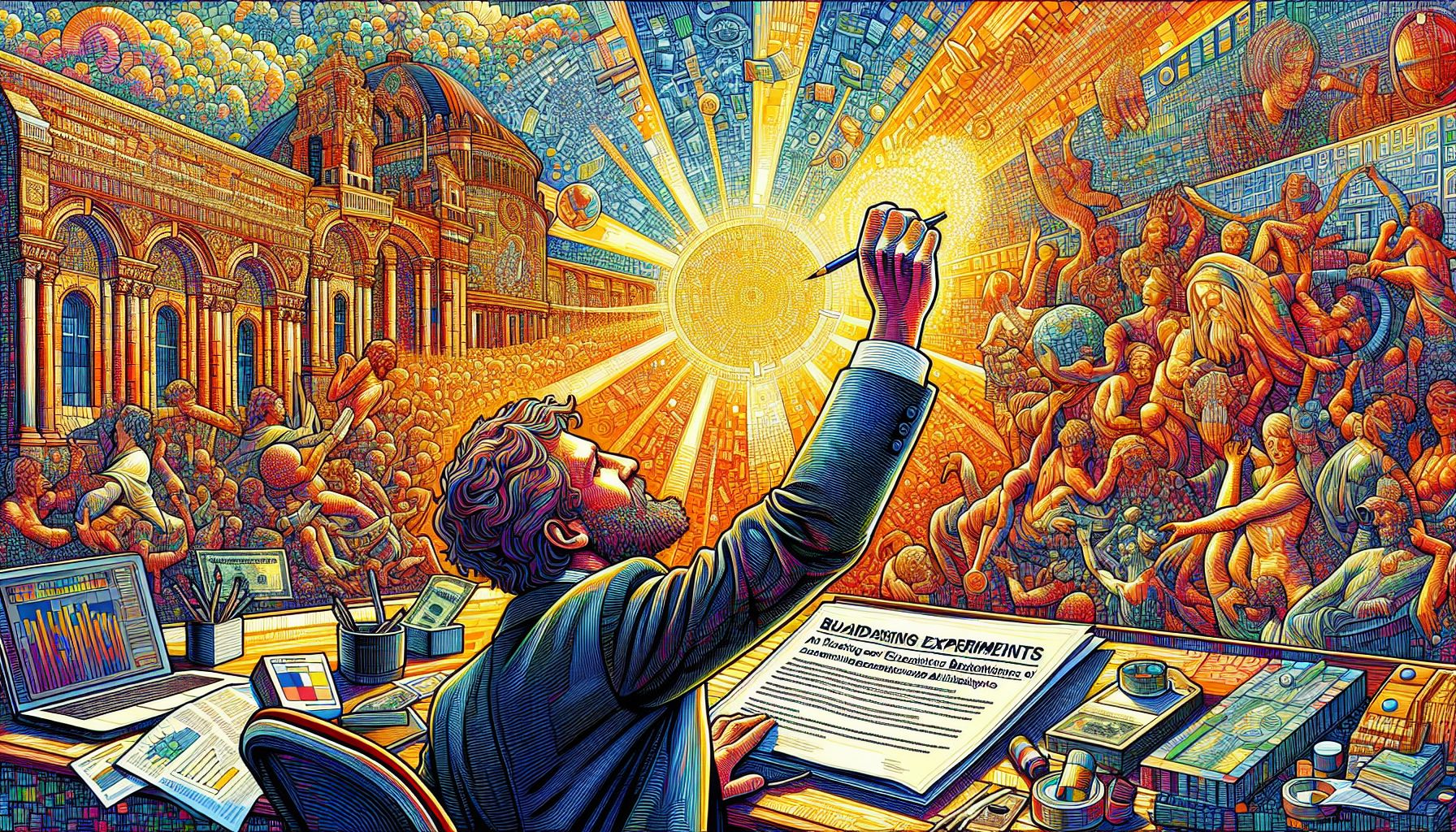Sander Renes Secures Funding for AI-Driven Economic Experiments

Sander Renes from TU Delft receives up to €50,000 in funding from the Dutch Research Council to automate economic behavior experiments using AI, aiming to reduce costs and improve efficiency.
Innovative Funding for a Bold Initiative
The Dutch Research Council’s SSH Open Competition XS has awarded Sander Renes, a researcher at TU Delft, up to €50,000 to support his pioneering project. This funding initiative is aimed at fostering innovative and risky research within the realm of Social Sciences and Humanities. Renes’ project, titled ‘Large Language Model Multi-Actor Tool to Automate Economic Experiments,’ seeks to revolutionize the way economic behavior experiments are conducted by integrating AI agents as participants.
The Vision Behind the Project
Renes, alongside co-researcher Rutger van Bergem, aims to tackle the significant time and financial costs associated with traditional economic experiments. Typically, these experiments require numerous sessions with human participants, making the research both expensive and time-consuming. By substituting human participants with AI agents that can simulate human decision-making, Renes and van Bergem hope to streamline this process, allowing for a broader exploration of economic behavior without the usual logistical constraints.
Addressing Practical Challenges
Renes explains the practical challenges that his project addresses: ‘Experiments are costly and sometimes not even feasible. The setting might be too difficult for random participants, the task could take too long for a simple experiment, or there might be ethical objections to certain interventions.’ By employing AI agents, these hurdles can be significantly reduced or eliminated, enabling researchers to conduct experiments that were previously impractical or impossible.
First Steps and Future Plans
The initial experiments will be conducted at the IBEX lab at TU Delft, where Renes and van Bergem are currently testing a decision-making mechanism designed to mitigate Not In My Back Yard (NIMBY) issues in spatial planning. These experiments involve various iterations of group decision-making processes, which traditionally require multiple sessions to test different scenarios. Using AI agents, the researchers can efficiently evaluate numerous variations, identifying the most promising ones for further testing with human participants.
Implications for Behavioral Economics
This project stands at the intersection of AI and behavioral economics, a field that studies how psychological, cognitive, and social factors influence economic decisions. By automating economic experiments, Renes’ research could provide deeper insights into human behavior and decision-making. This aligns with broader trends in behavioral economics, which integrates psychology and economic theory to understand deviations from classical economic predictions.
Potential for Broader Applications
The successful implementation of AI-driven economic experiments has the potential to extend beyond academia. Businesses and policymakers could leverage these insights to design better economic models and policies that account for human behavior more accurately. This approach could lead to more effective interventions in areas such as consumer behavior, financial decision-making, and public policy, ultimately contributing to more informed and rational decision-making processes.

